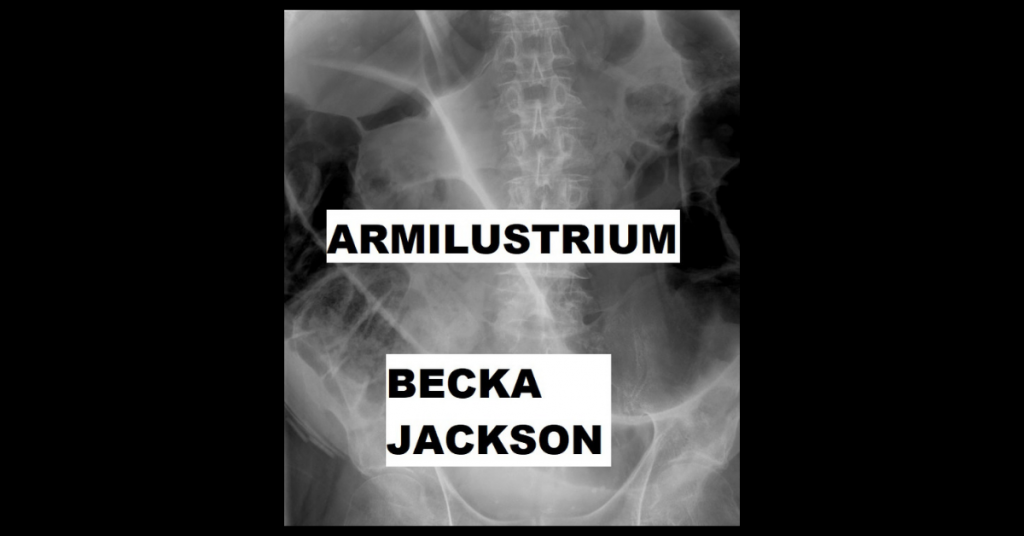My dad plays chess like a mathematician. Each of his turns stretch on while he contemplates the board from every angle and I forget my grand strategy. To entertain myself in these gaps, I look where his gaze falls. When he mutters to himself, is he frustrated with my playing? Or is that another tactic meant to confuse me further?
When he finally chooses one lucky piece with a heavy sigh, how that piece gleams in the TV light as he lifts it—slowly, as he does most things. My dad is okay at defense. But he’s ruthless at offense, felling knights who once had no reason to doubt their security, distracting me with someone expendable, all without warning from his cold eyes. After years of losing, I still can’t learn to sacrifice a strong soldier for the good of the army.
After I lose, we sit on the couches for a bit, then the move I always see coming—he packs his computer, laces his shoes, and plants a kiss on my hair. He leaves me with a box of polished wood and returns home to his new queen, unapproachable Venus, the one he readily sacrificed his entire army for. I’ve been watching his strategy for a long time, and so much learning to sacrifice makes it hard to remember when our war should end.

